These were the proposals made by delegates at the scientific workshop "Solutions for developing highly effective agricultural and aquaculture models towards safety and sustainability in the Mekong Delta provinces" organized by the Vietnam Union of Science and Technology Associations in coordination with the Kien Giang Union of Science and Technology Associations on April 12 in Rach Gia City.
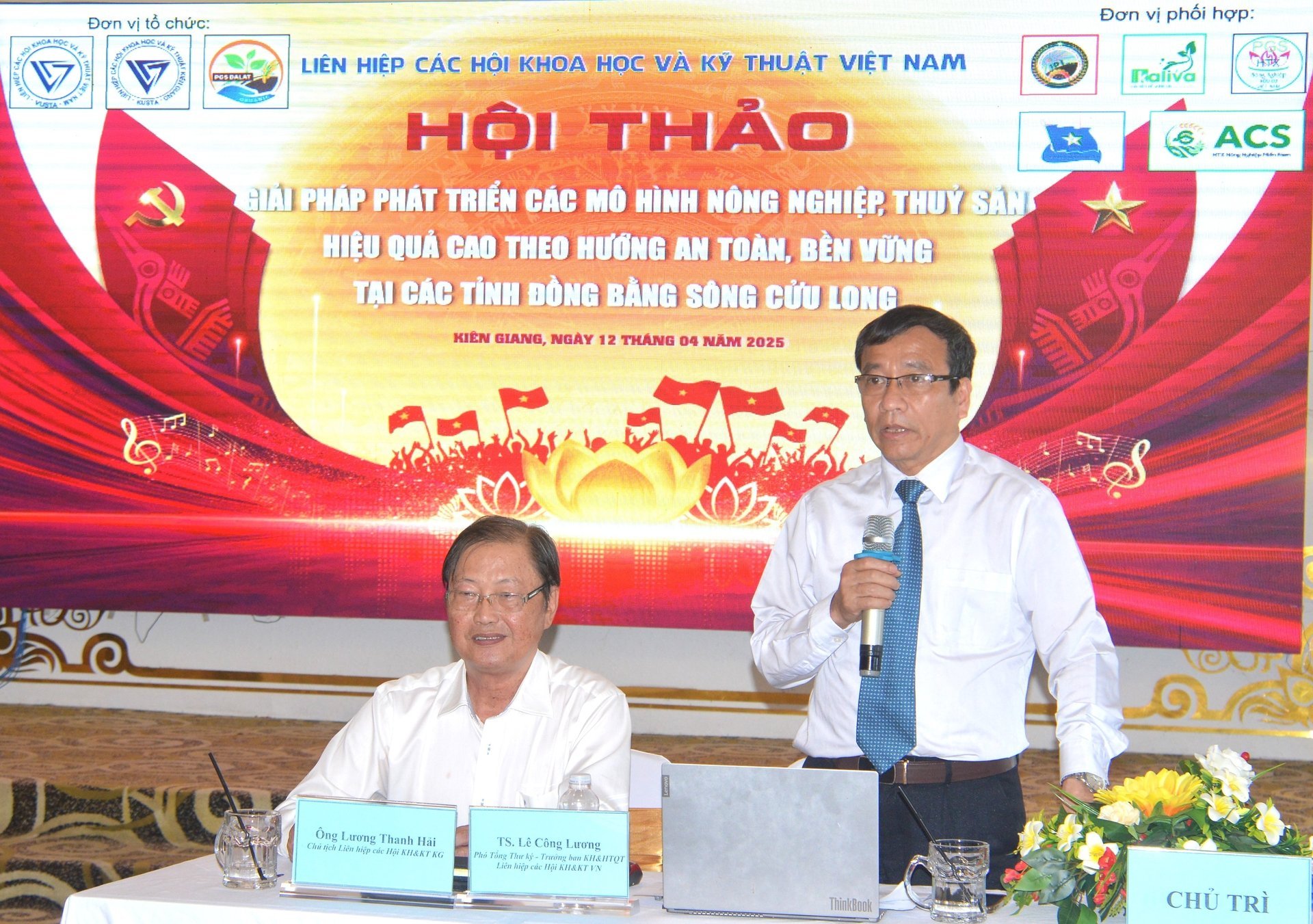
Dr. Le Cong Luong (standing), Deputy Secretary General of the Vietnam Union of Science and Technology Associations, spoke at the conference. Photo: Trung Chanh.
Dr. Le Cong Luong, Deputy Secretary General of the Vietnam Union of Science and Technology Associations, said that the Mekong Delta is a key economic region, ensuring food security, contributing 56% of food production, 90% of rice exports, and 60% of seafood exports of our country. However, this is also an area that is suffering many impacts of climate change, especially saline intrusion and lack of fresh water for production.
Therefore, it is necessary to have fundamental, scientific solutions, choosing suitable agricultural and aquatic production models for development. In particular, building production models that are in harmony with nature, applying scientific and technical advances, and circular agriculture will help both improve production efficiency and ensure sustainability.
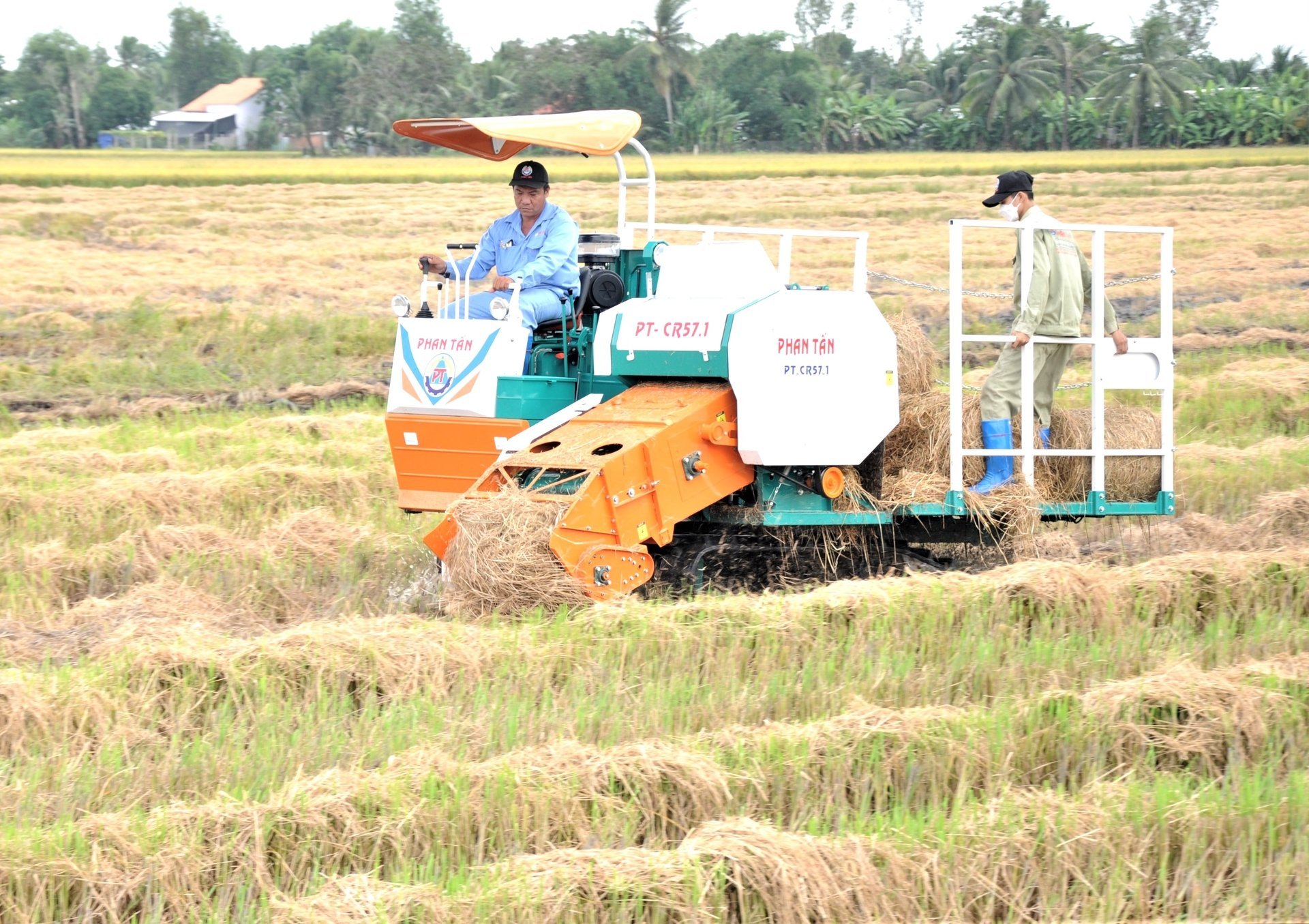
Every year, the Mekong Delta produces tens of millions of tons of straw after each rice crop, which needs to be collected and removed from the fields to serve circular agricultural production, which will bring great value. Photo: Trung Chanh.
Mr. Nguyen Van Muoi, Deputy Head of the Southern Office of the Vietnam Gardening Association, pointed out 4 benefits of circular agricultural production.
The first is to recover and use biomass energy in general and biogas in particular in production to create new energy sources. The second is to increase the amount of organic fertilizer produced from organic waste. The third is to circulate water and use water effectively in agriculture, which is an important requirement to maintain sustainable development, especially in the context of climate change. The fourth is to prevent waste from being released into the environment by applying scientific and technical advances, especially biotechnology with microorganisms to help the natural treatment process faster, bringing better economic, social and environmental efficiency.

Rice husks are abundant in the Mekong Delta. If they are used to produce biochar for agricultural production, it will bring both economic and environmental benefits. Photo: Trung Chanh.
Agricultural expert, Dr. Nguyen Dang Nghia proposed one of the relatively new technologies is to produce highly active organic biological fertilizer from biochar. Using biochar in agriculture increases the ability to retain water and nutrients for the soil, provides beneficial elements for the growth of crops, and creates optimal conditions for the growth of beneficial bacteria.
According to expert Nguyen Dang Nghia, some suitable raw materials for biochar production are bagasse after juice extraction, rice husks, coconut fiber, sawdust, wood chips, rubber leaves and coffee husks, etc., especially rice husks and coconut fiber which are very abundant in the Mekong Delta region. Using these raw materials to make biochar will not only effectively exploit cheap, high-quality by-products, but also contribute to limiting environmental pollution.
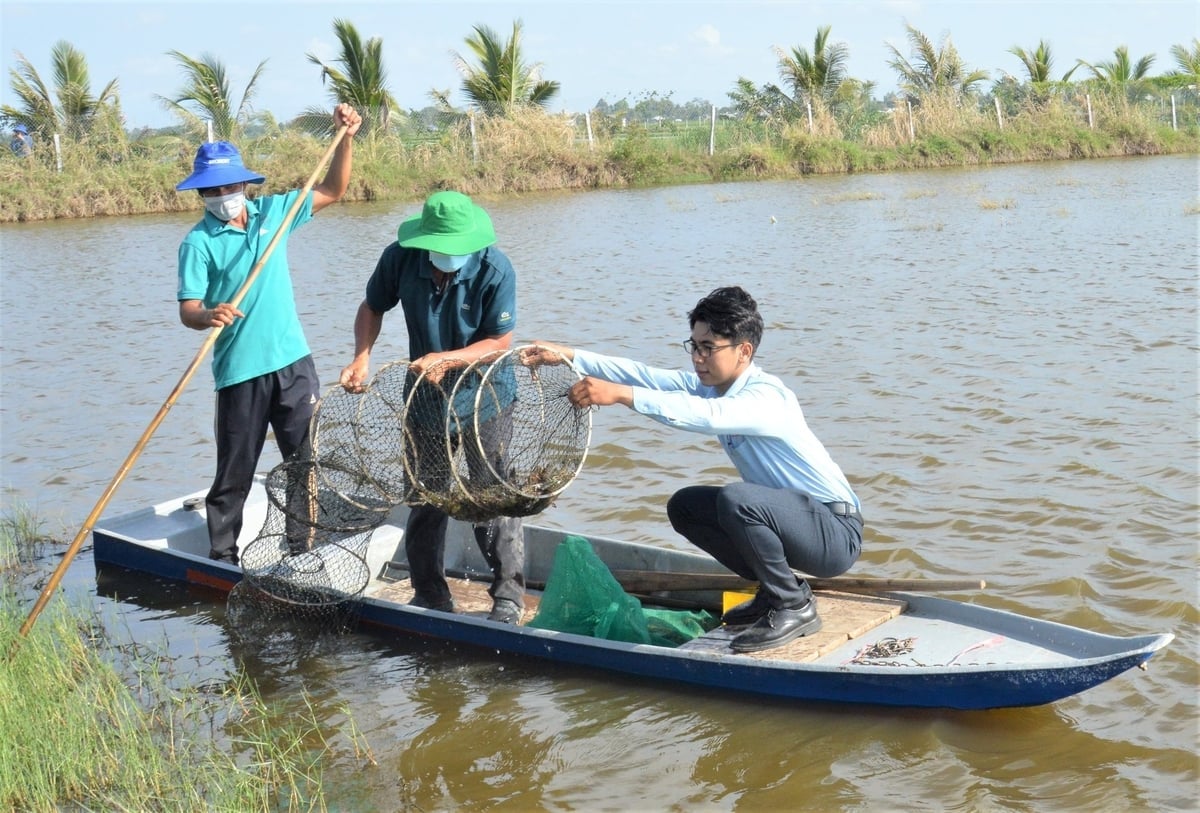
Shrimp-rice rotation is a natural production model that is being implemented very effectively by farmers in Kien Giang. Photo: Trung Chanh.
Le Van Dung, Deputy Director of Kien Giang Agricultural Extension Center, mentioned that sustainable agricultural development includes activities that are environmentally friendly, economically feasible and socially equitable.
In recent years, Kien Giang has focused on forming and developing circular and ecological agricultural production areas that meet certification standards. Specifically, Kien Giang has planned high-quality, low-emission rice production areas associated with green growth with the goal of reaching 200,000 hectares by 2030. Planning to develop ecological shrimp - organic rice areas brings efficiency and sustainability in the districts of U Minh Thuong. Implementing the Project to develop marine aquaculture in a modern and sustainable direction.
Every year, our country produces a total of nearly 157 million tons of by-products from crop production, livestock, aquaculture and forestry. If we know how to utilize them, they will be a very rich source of input materials in agricultural production, bringing great value.
Source: https://nongnghiep.vn/ban-giai-phap-phat-trien-nong-nghiep-thuy-san-tuan-hoan-d747926.html


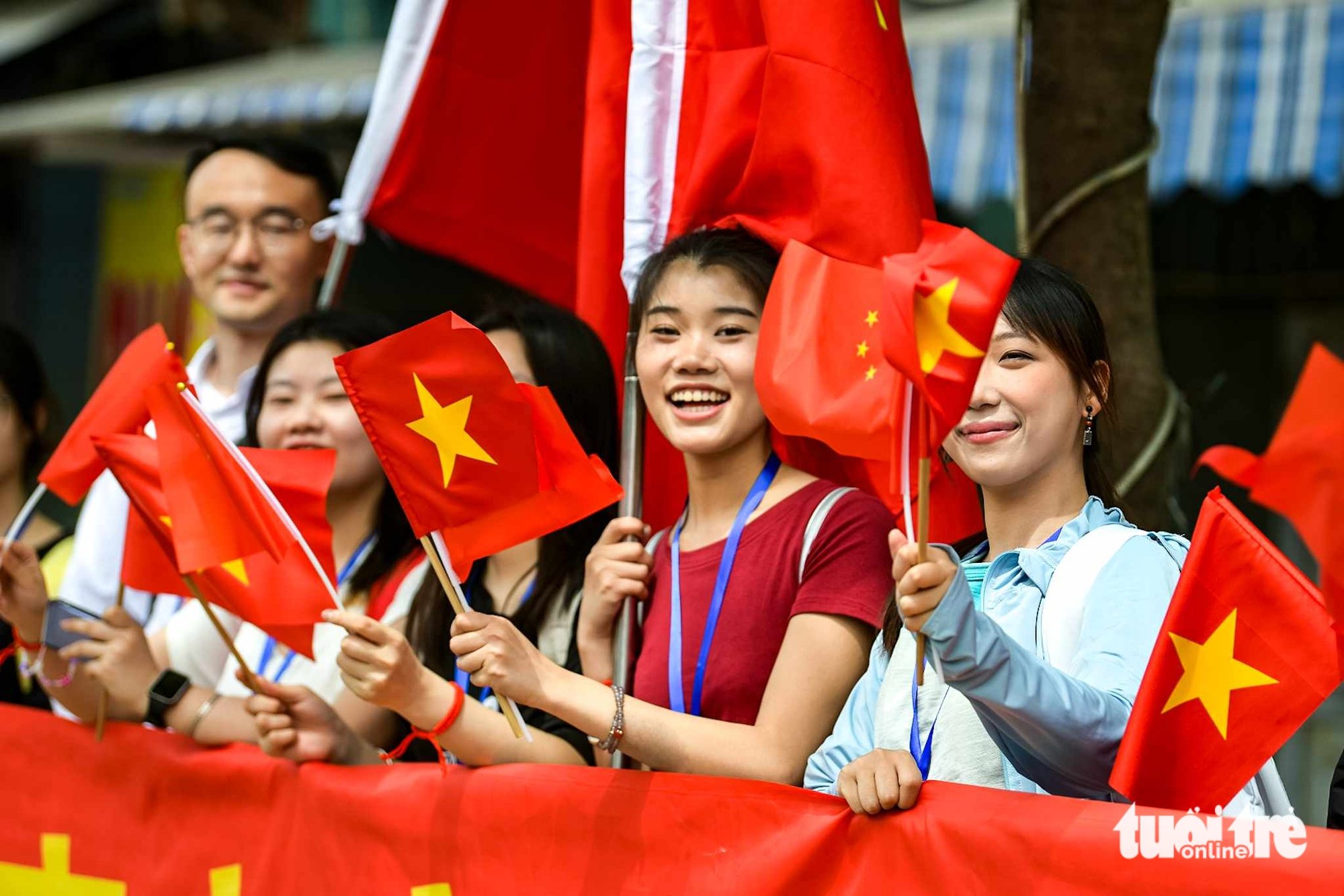
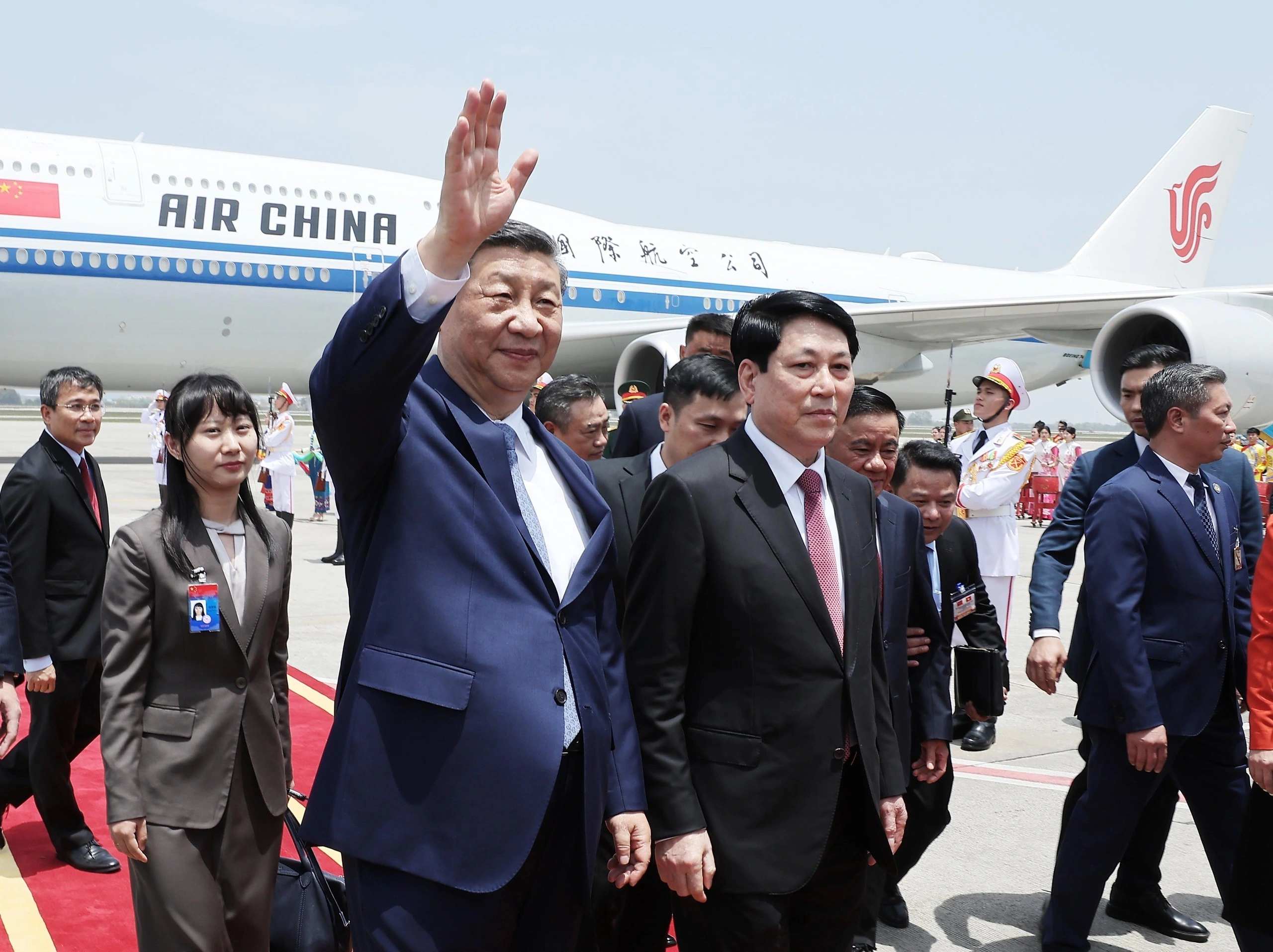
![[Photo] Touching images recreated at the program "Resources for Victory"](https://vstatic.vietnam.vn/vietnam/resource/IMAGE/2025/4/14/99863147ad274f01a9b208519ebc0dd2)
![[Photo] General Secretary To Lam chairs the third meeting to review the implementation of Resolution No. 18-NQ/TW](https://vstatic.vietnam.vn/vietnam/resource/IMAGE/2025/4/14/10f646e55e8e4f3b8c9ae2e35705481d)
![[Photo] Opening of the 44th session of the National Assembly Standing Committee](https://vstatic.vietnam.vn/vietnam/resource/IMAGE/2025/4/14/03a1687d4f584352a4b7aa6aa0f73792)

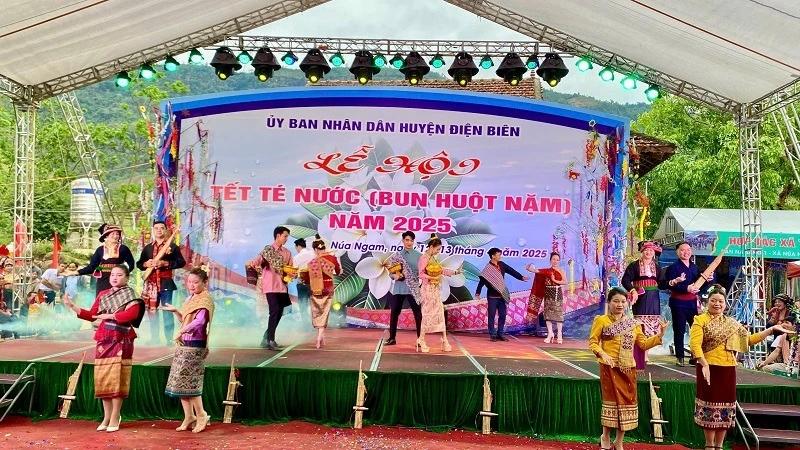
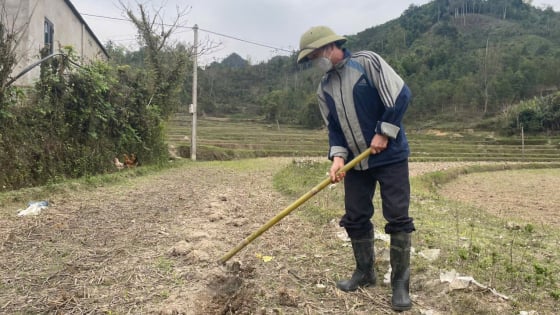
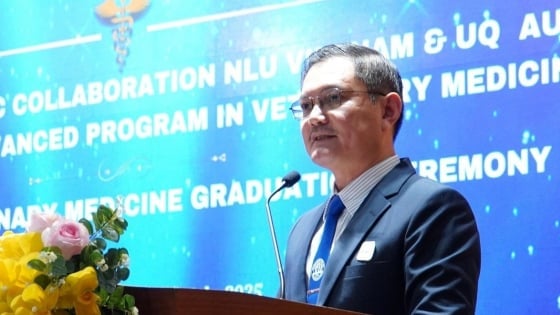
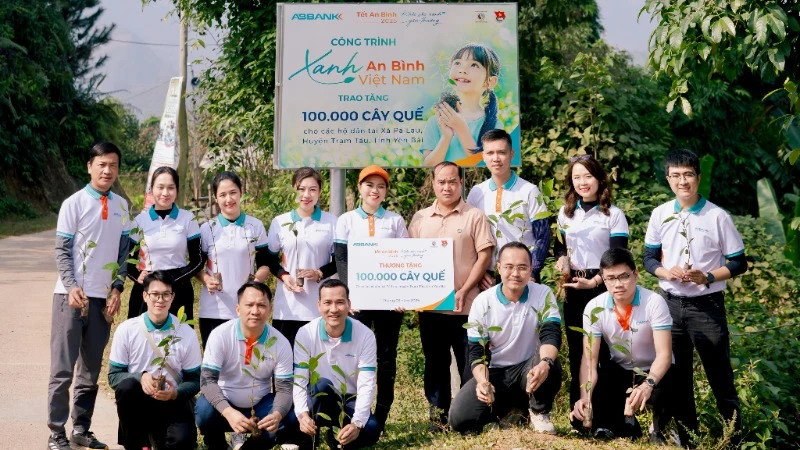
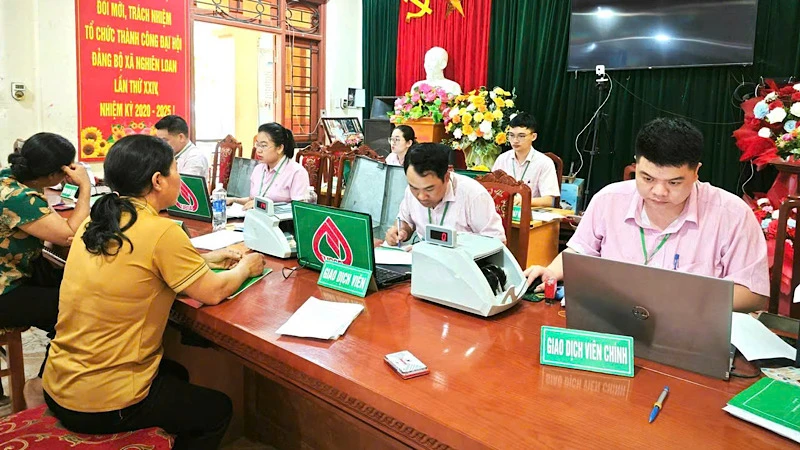
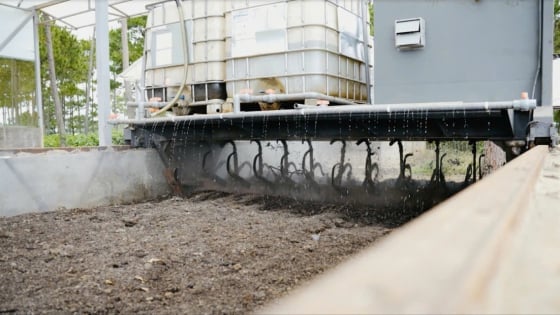



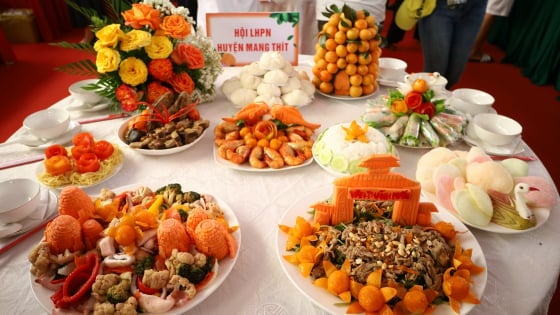
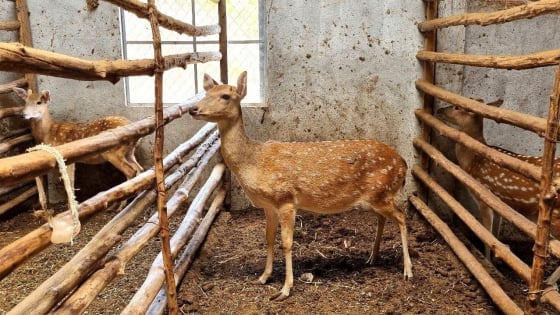
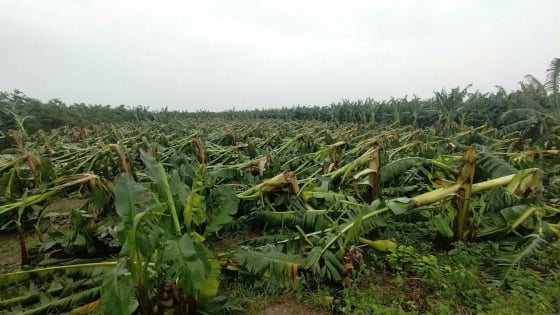
![Building the Vietnamese bird's nest brand: [Part 2] Taking off from 3 key factors](https://vstatic.vietnam.vn/vietnam/resource/IMAGE/2025/4/11/d663f78188744b9abaf7f7bda9d1f112)
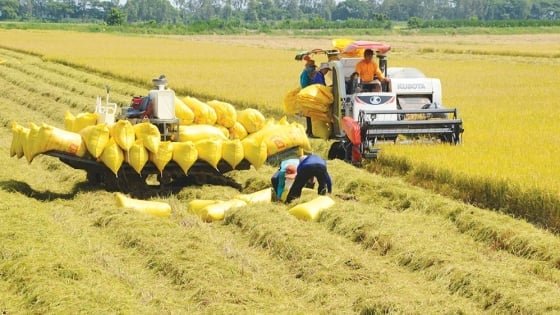
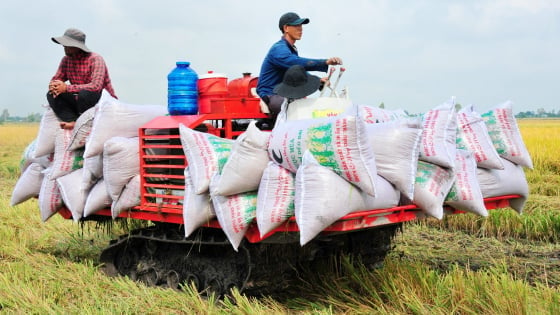
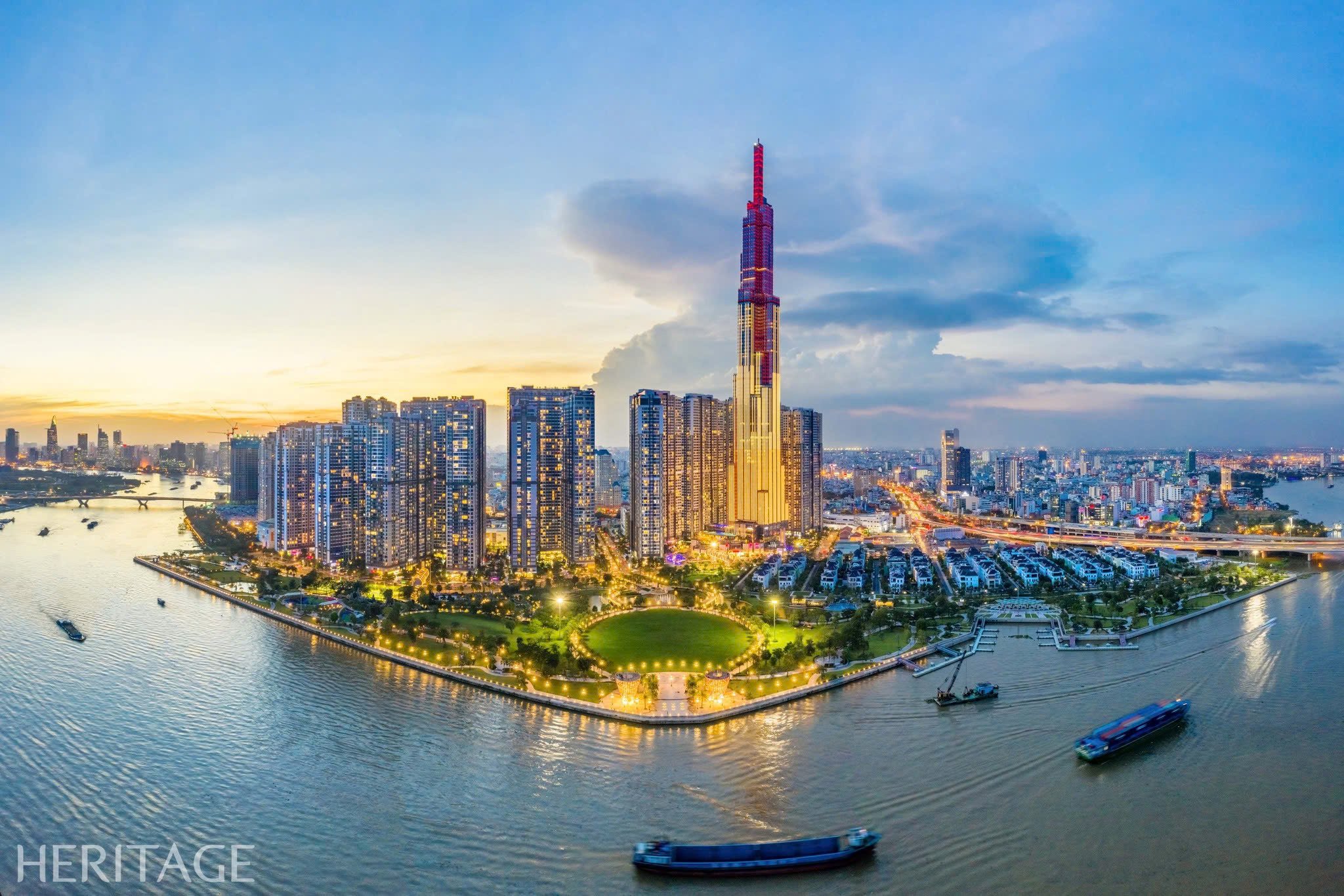












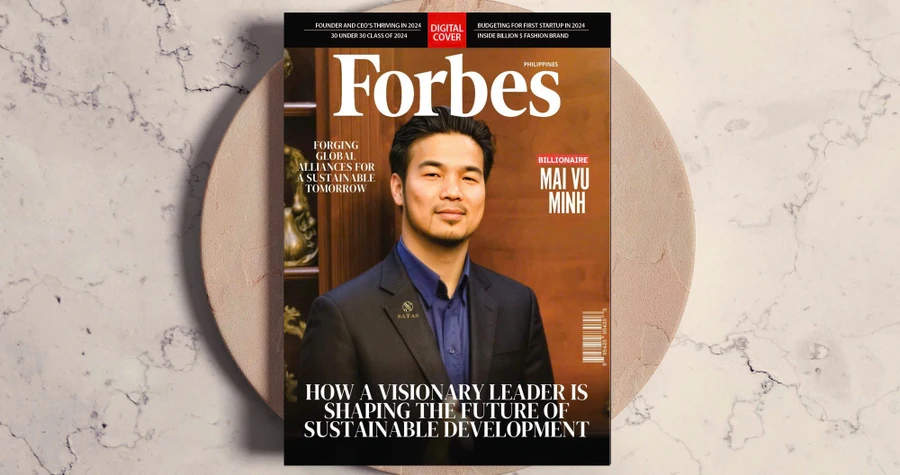

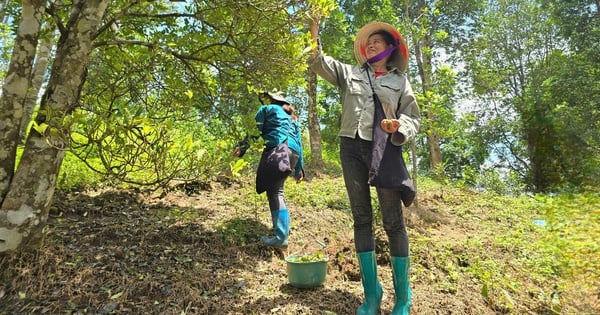

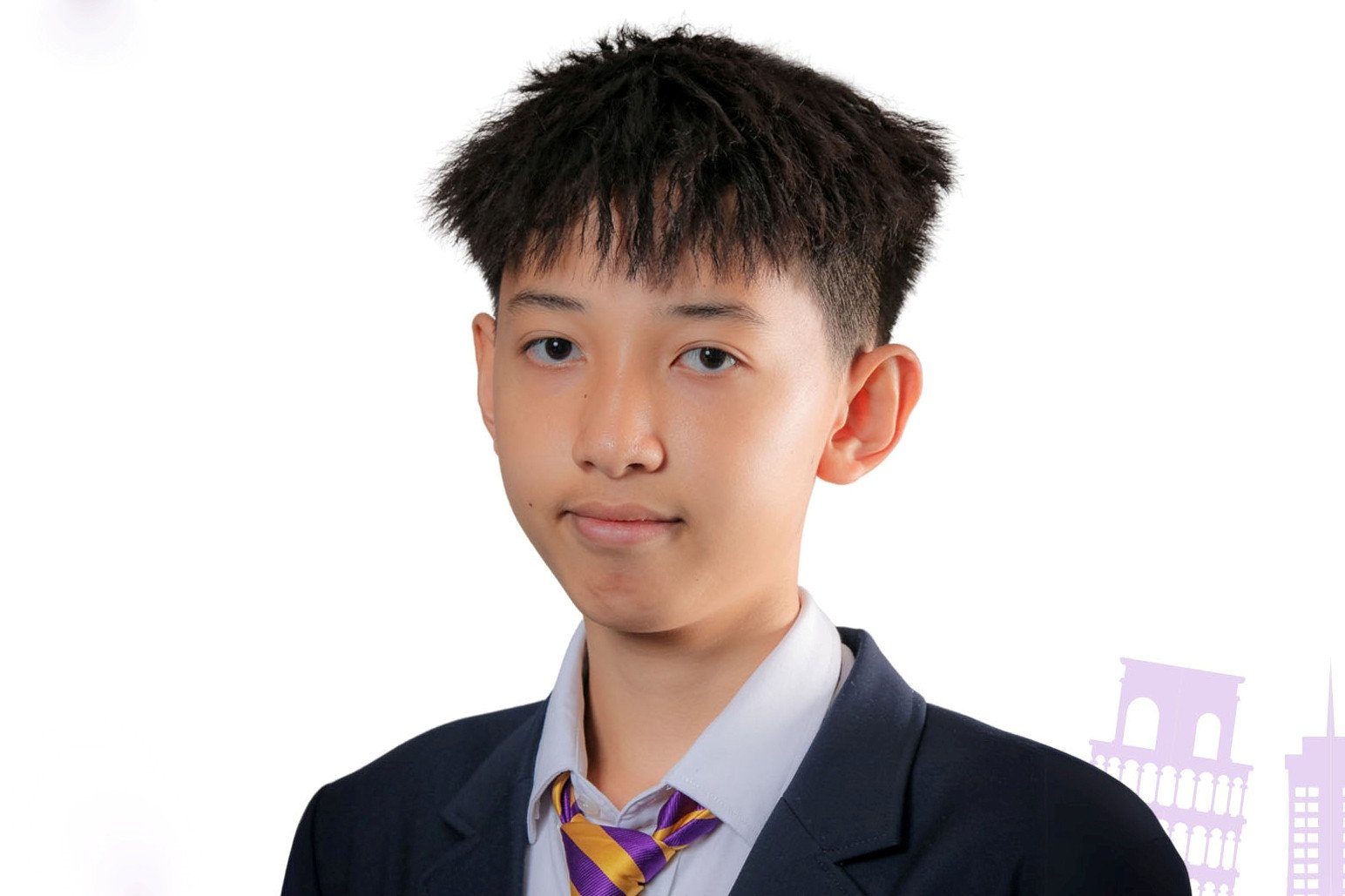

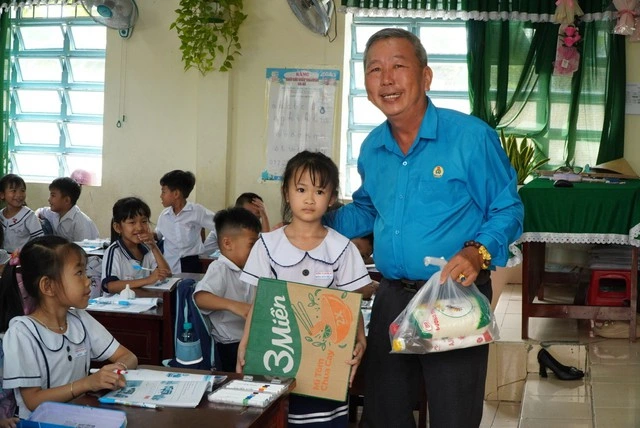

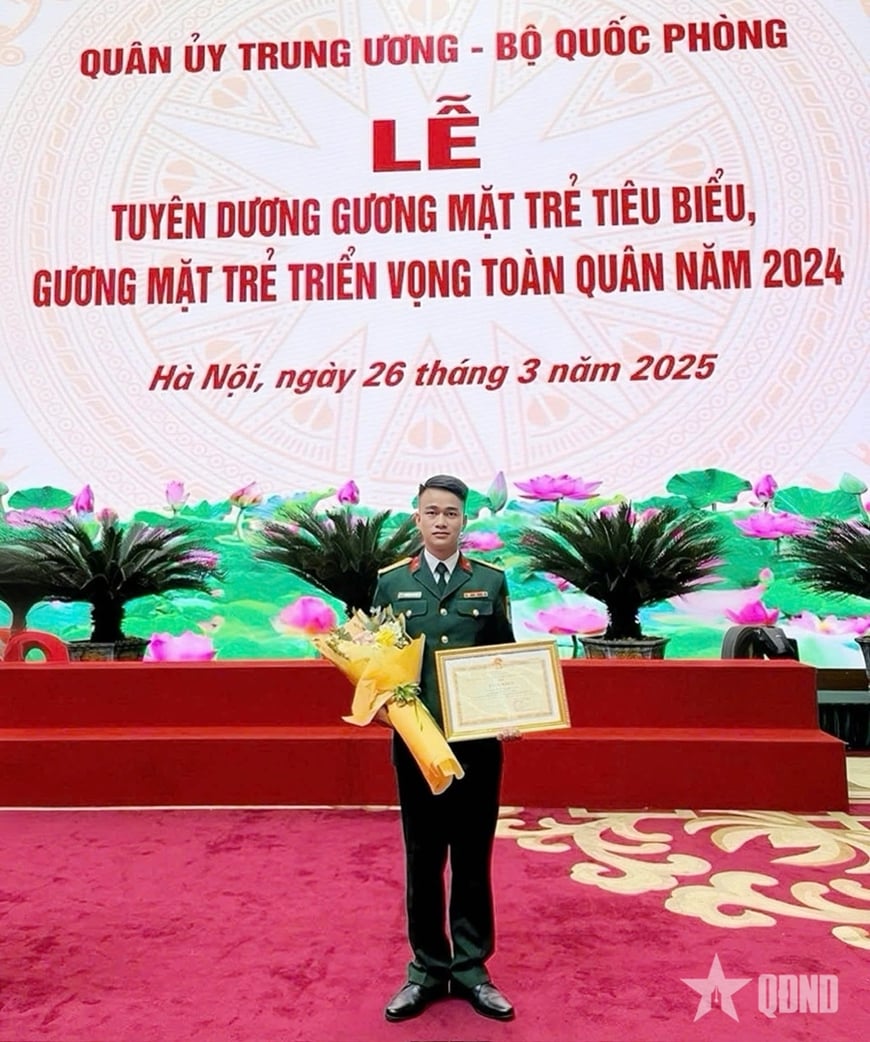












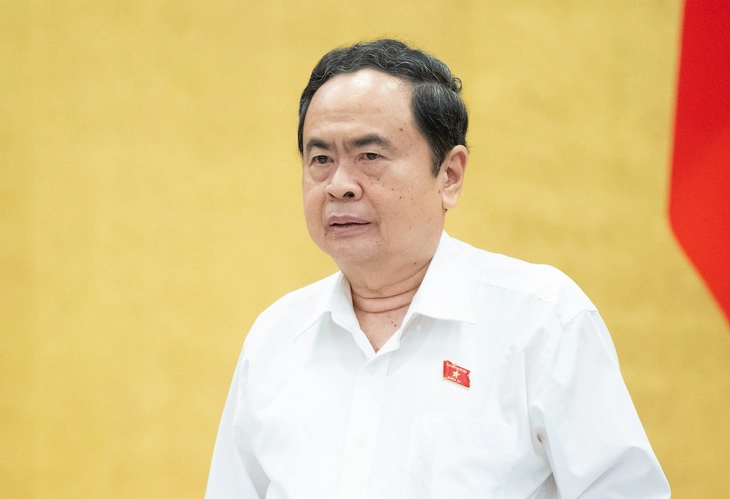
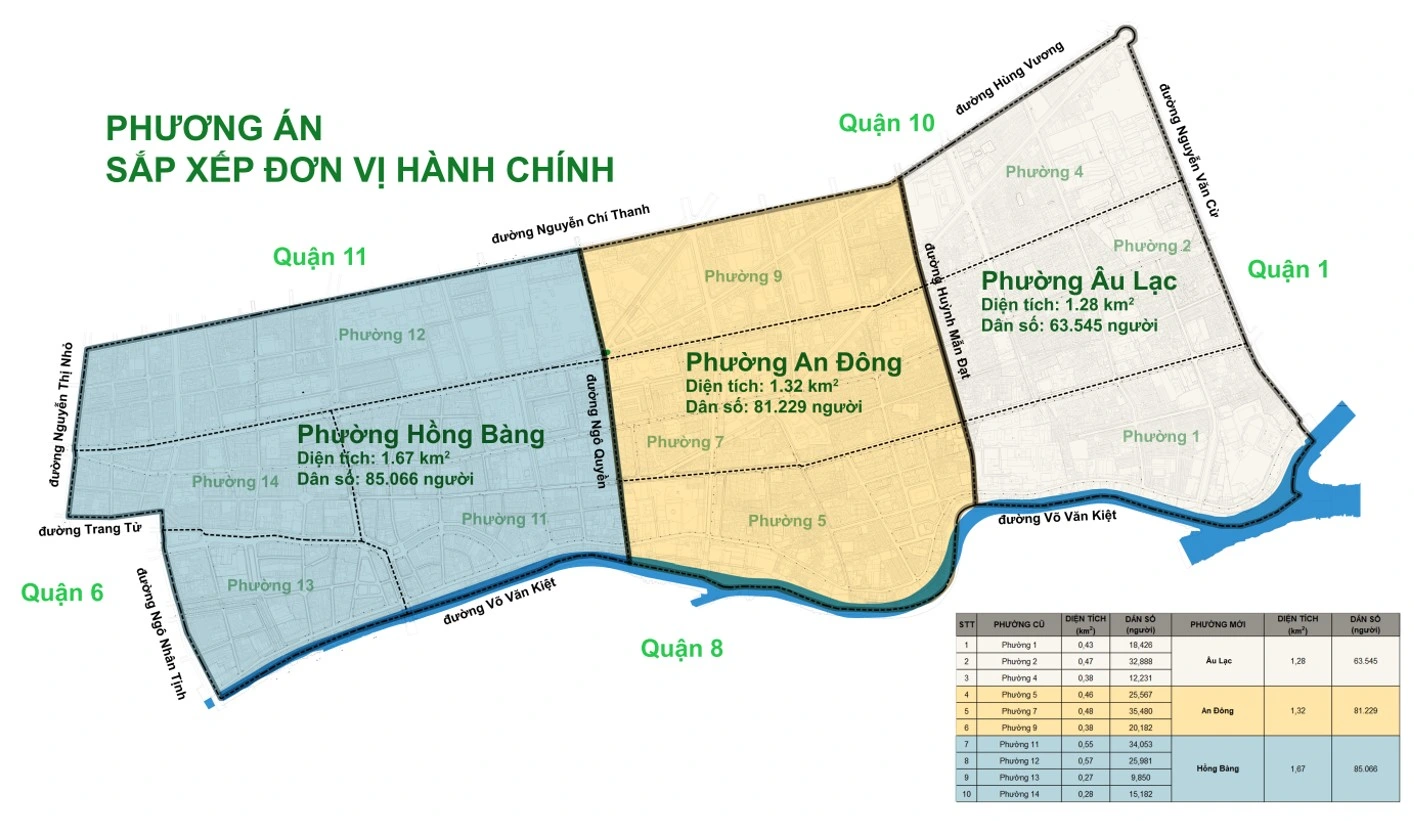
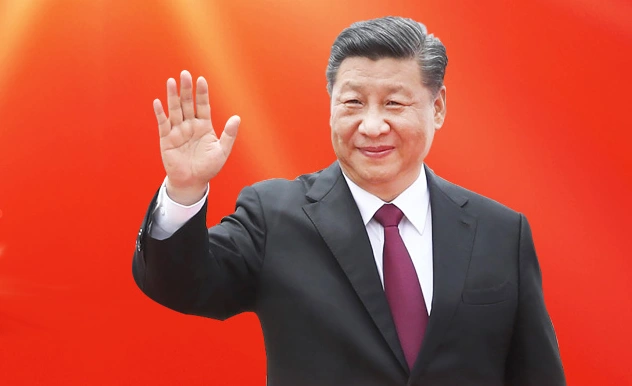
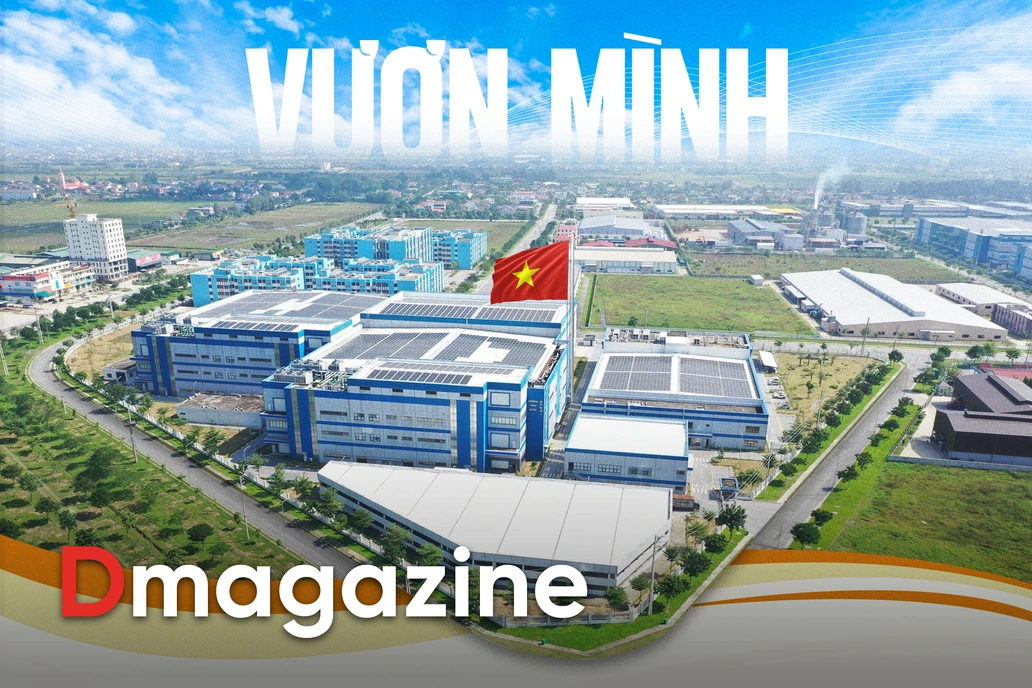
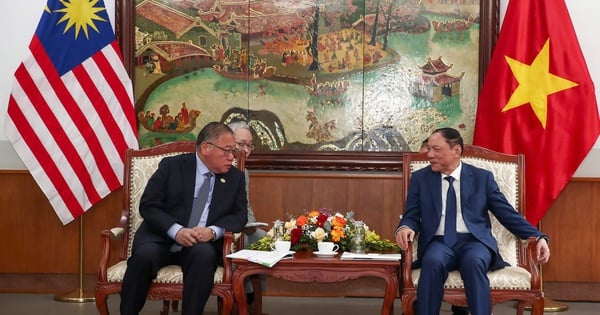

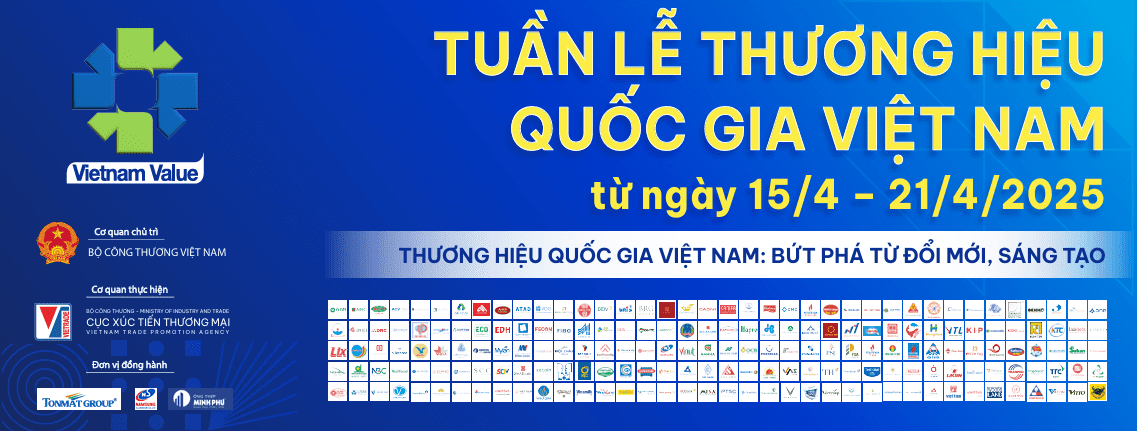

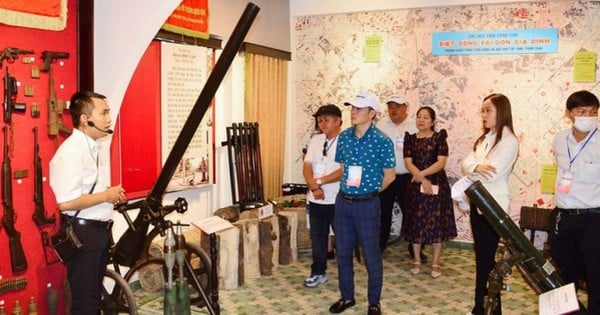
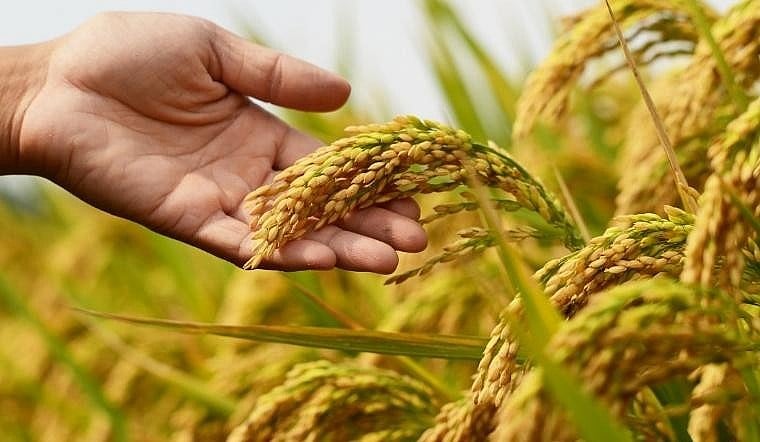
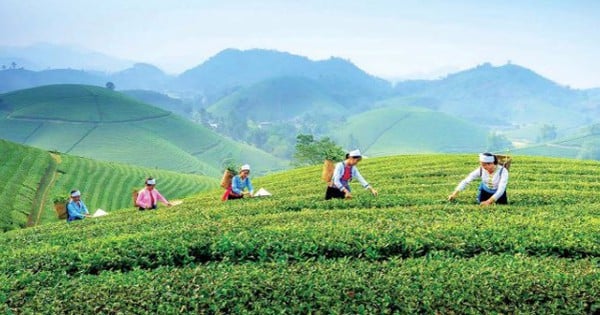
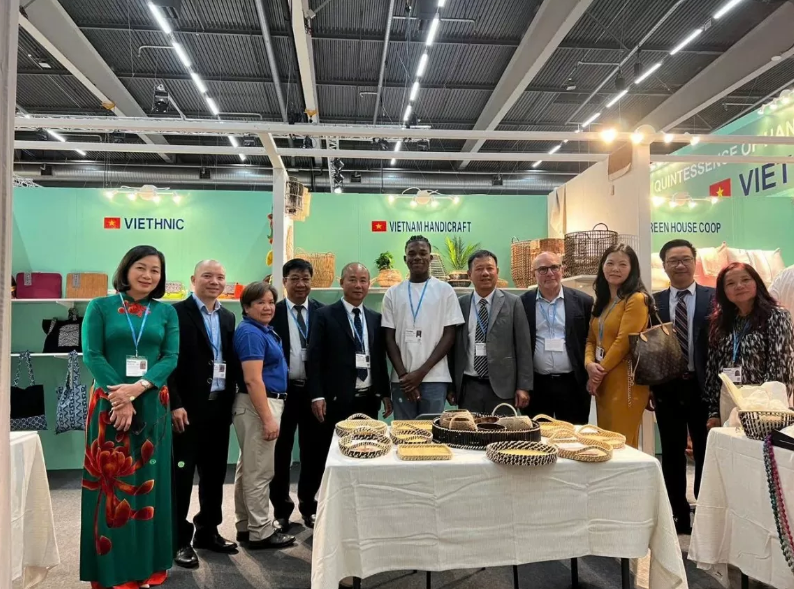


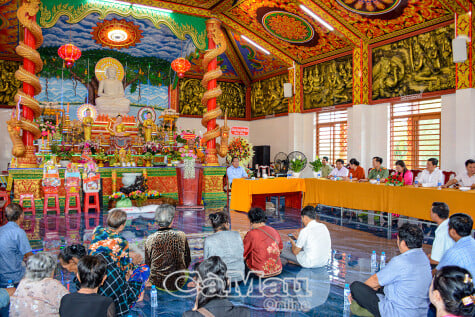
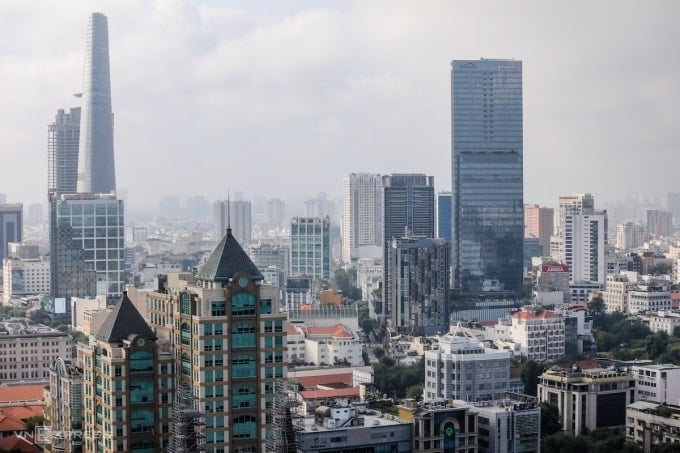
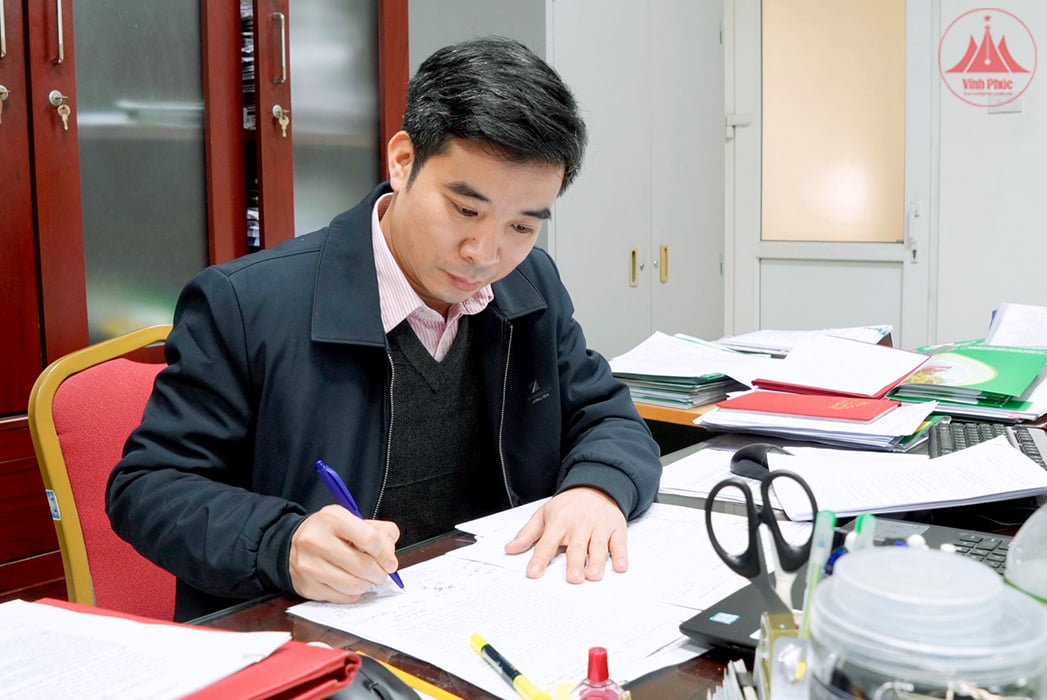

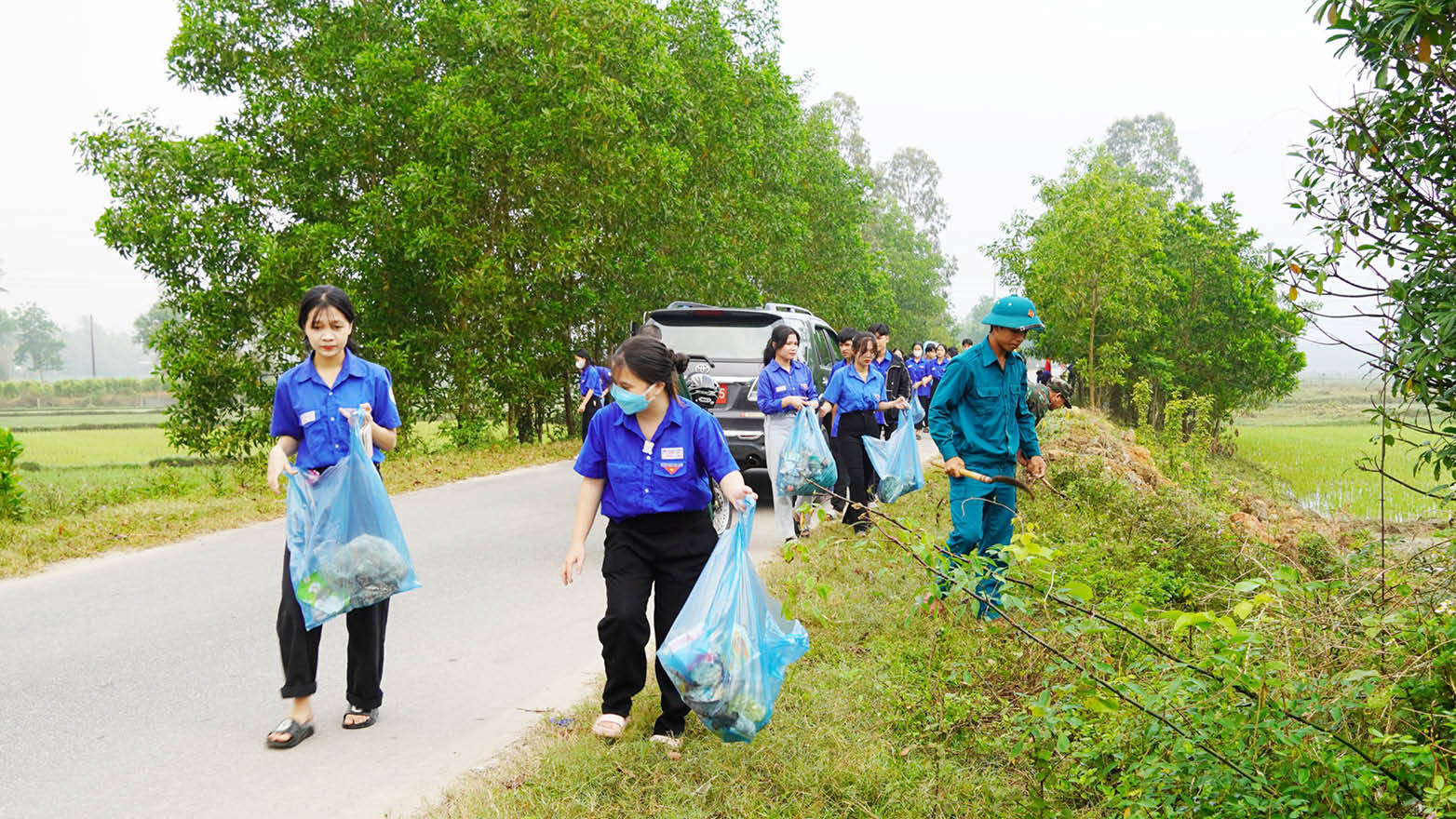

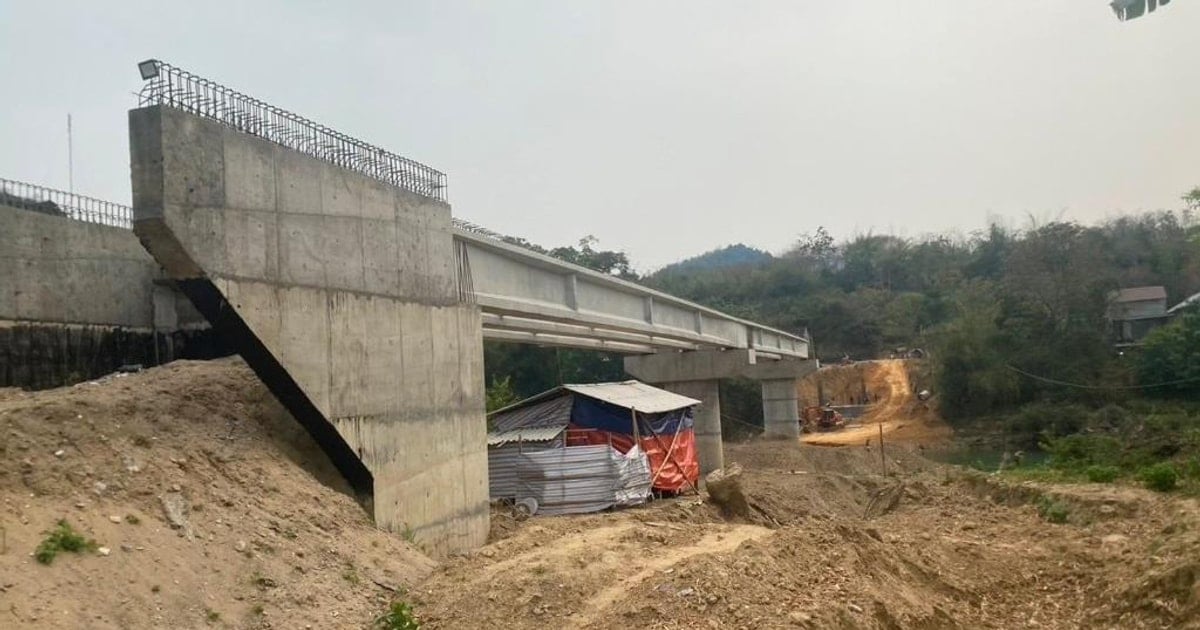











Comment (0)